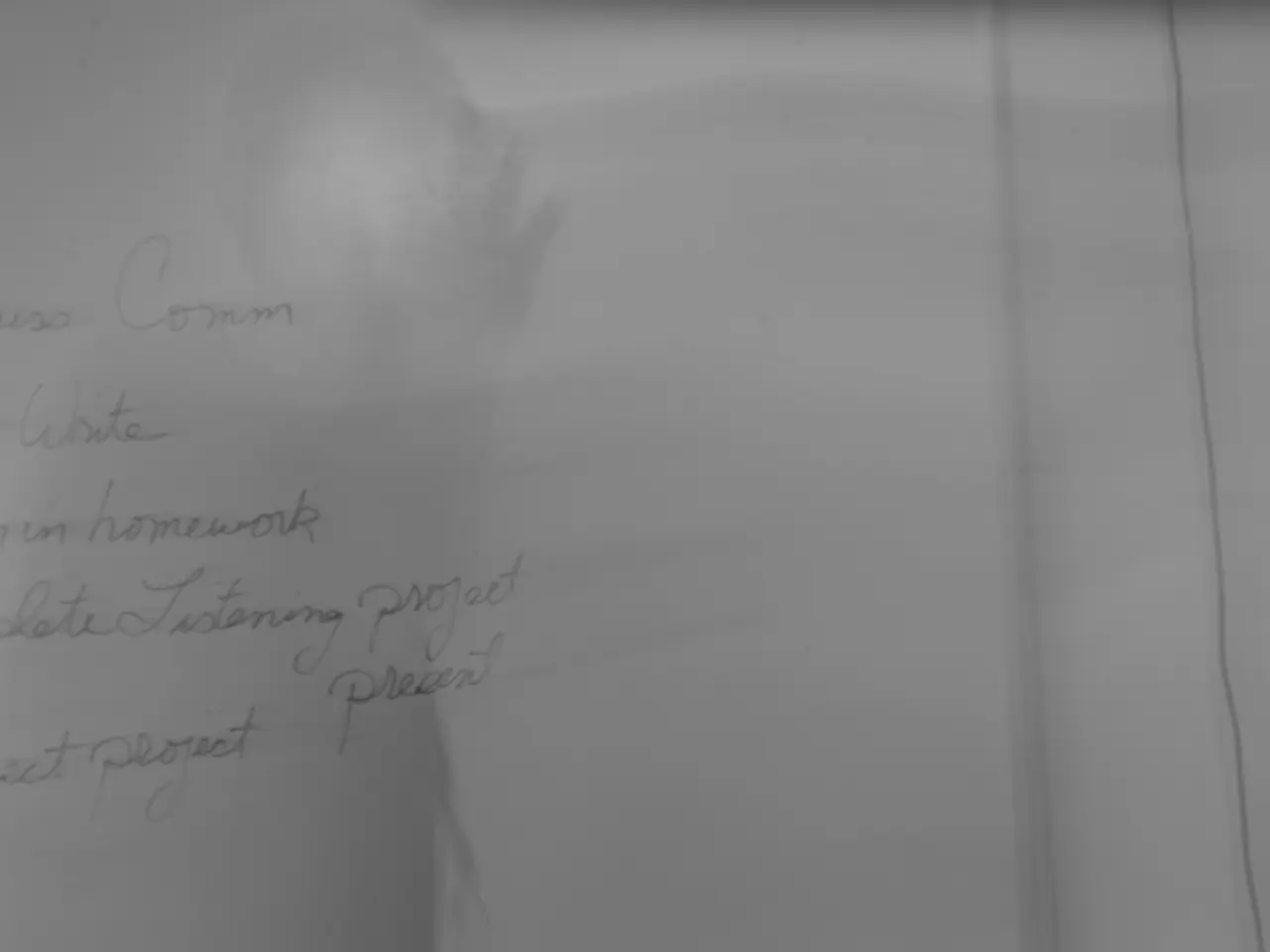Financial Fundamentals: Ten Spending Patterns Locking You into Poverty
In the world of personal finance, understanding the principles that underpin our spending habits can be the key to unlocking financial freedom. Here, we explore the top ten money habits that contribute to ongoing financial struggles based on fundamental economic principles.
- Subscription Stacking and Unnoticed Recurring Expenses
Paying for multiple subscriptions and services that are rarely used can quietly drain resources over time. These often overlooked expenses can add up significantly, creating a drain on your finances.
- Lifestyle Creep
As income rises, there's a tendency to increase spending rather than saving or investing. This phenomenon, known as lifestyle creep, leads to no improvement in net financial position despite higher earnings.
- Overspending on Wants Instead of Needs
Failing to distinguish between essential expenses and discretionary purchases can deplete savings and contribute to debt accumulation. It's crucial to prioritise needs over wants to maintain financial stability.
- Relying Heavily on Credit and High-Interest Debt
Carrying balances on credit cards or loans results in paying substantial interest, which hinders wealth accumulation. Avoiding excessive reliance on credit is a crucial step towards financial independence.
- Not Budgeting or Monitoring Finances Consistently
A lack of a structured plan leads to poor spending control and missed opportunities for savings and investment growth. Regular budgeting and financial monitoring are essential for maintaining financial health.
- Failing to Build or Maintain an Emergency Fund
Without liquid savings, unexpected expenses force reliance on debt, perpetuating financial insecurity. It's important to set aside funds for emergencies to avoid being caught in a cycle of debt.
- Taking Uncalculated or Excessive Financial Risks
Either avoiding any risk and missing growth opportunities or engaging in reckless financial behaviors that lead to losses can be detrimental to your financial wellbeing. Striking a balance is key to achieving financial success.
- Neglecting Long-Term Financial Planning and Retirement Savings
Focusing only on current consumption without prioritizing future financial stability can lead to a precarious financial situation in the long run. Start planning for retirement early to ensure a secure financial future.
- Spending Impulsively as a Reward for Work or Income Increases
The mindset of "I deserve a treat" after a pay rise can lead to repetitive cycles of debt and financial strain. Be mindful of your spending habits and avoid impulsive purchases.
- Ignoring the Opportunity Cost of One’s Time and Labor
Attempting to save money by doing everything personally when sometimes paying for expertise is more efficient financially and timewise can be a costly mistake. Consider the opportunity cost of your time and labour when making financial decisions.
These habits, rooted in spending beyond means, poor planning, unnoticed recurring costs, and mismanagement of credit, align with fundamental economic principles such as opportunity cost, compounding interest, and the trade-offs between consumption today versus saving for tomorrow. Addressing these behaviors requires awareness, consistent budgeting, and financial discipline to escape ongoing struggles.
Interestingly, financial literacy is strongly correlated with economic outcomes. Individuals who have high financial literacy scores spend less on transaction fees, pay less interest on debt, and accumulate more wealth. On the other hand, financial fragility, the inability to absorb unexpected expenses, keeps many trapped in poverty cycles. The Federal Reserve consistently finds that roughly 40% of Americans would struggle to cover an unexpected $400 expense without borrowing or selling something.
By understanding these habits and making conscious efforts to break free from them, you can take significant strides towards financial freedom.
Read also:
- Tale of Suicide of Investigative Reporter Gary Webb, Known for Unveiling CIA Involvement in Drug Trade
- Increased earnings: the emergence of automated workers alongside human colleagues in the workplace
- Leading Content Management Systems in 2024 - Discover Which Suits Your Business Ideally
- Investigating Leadership Talk Styles: An In-depth Analysis






